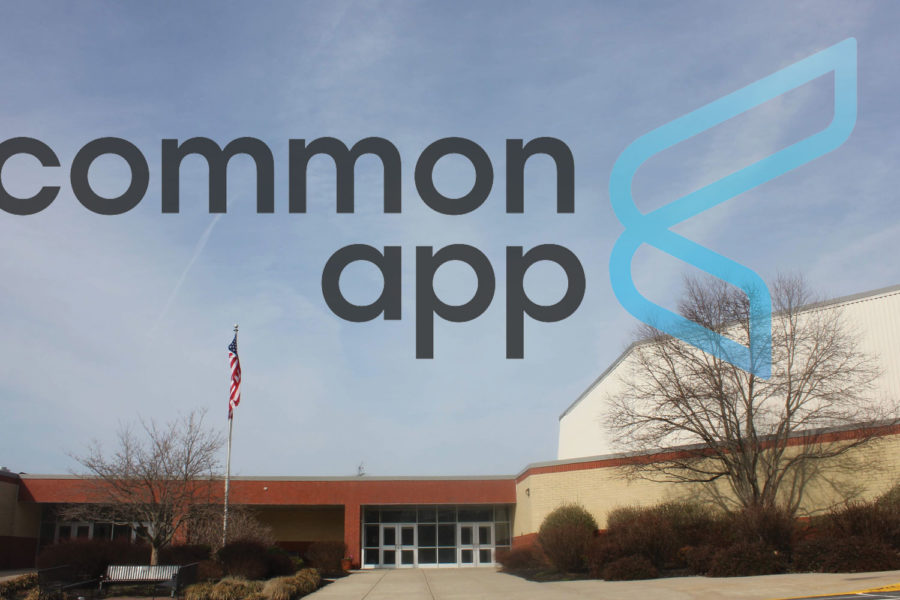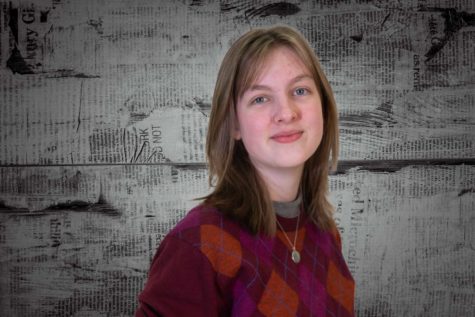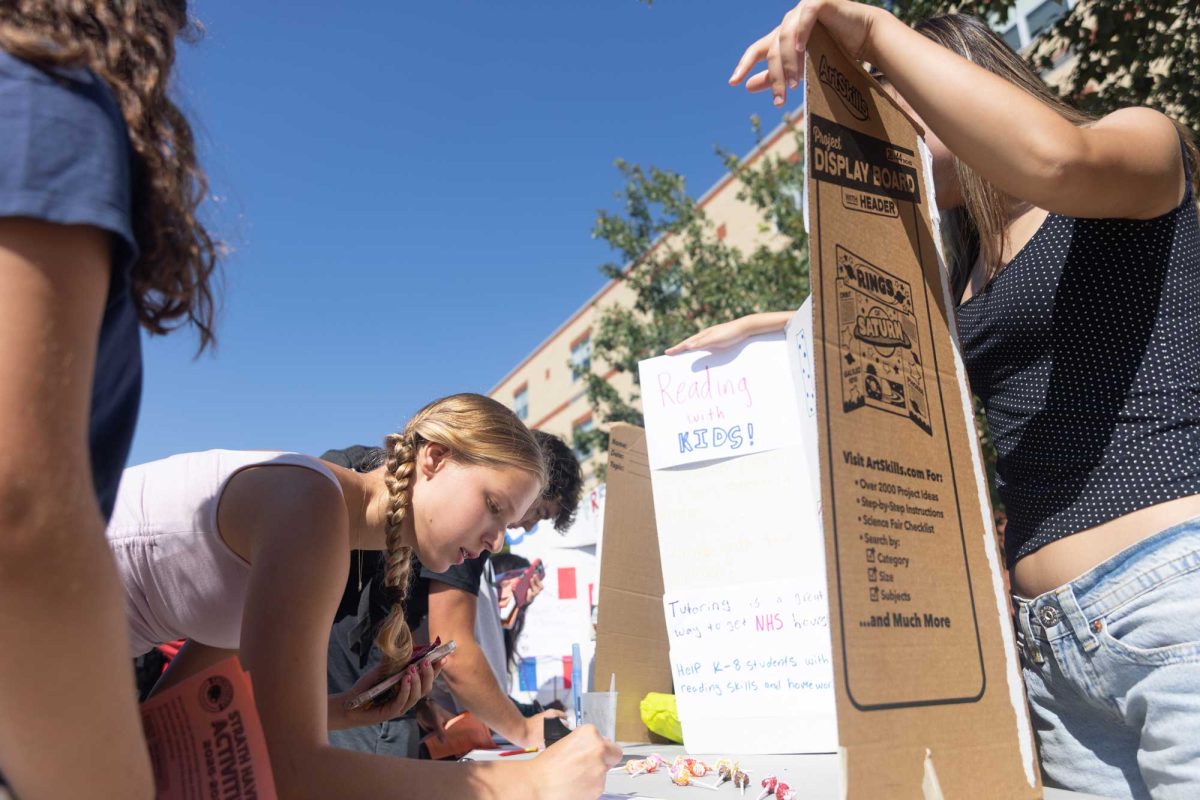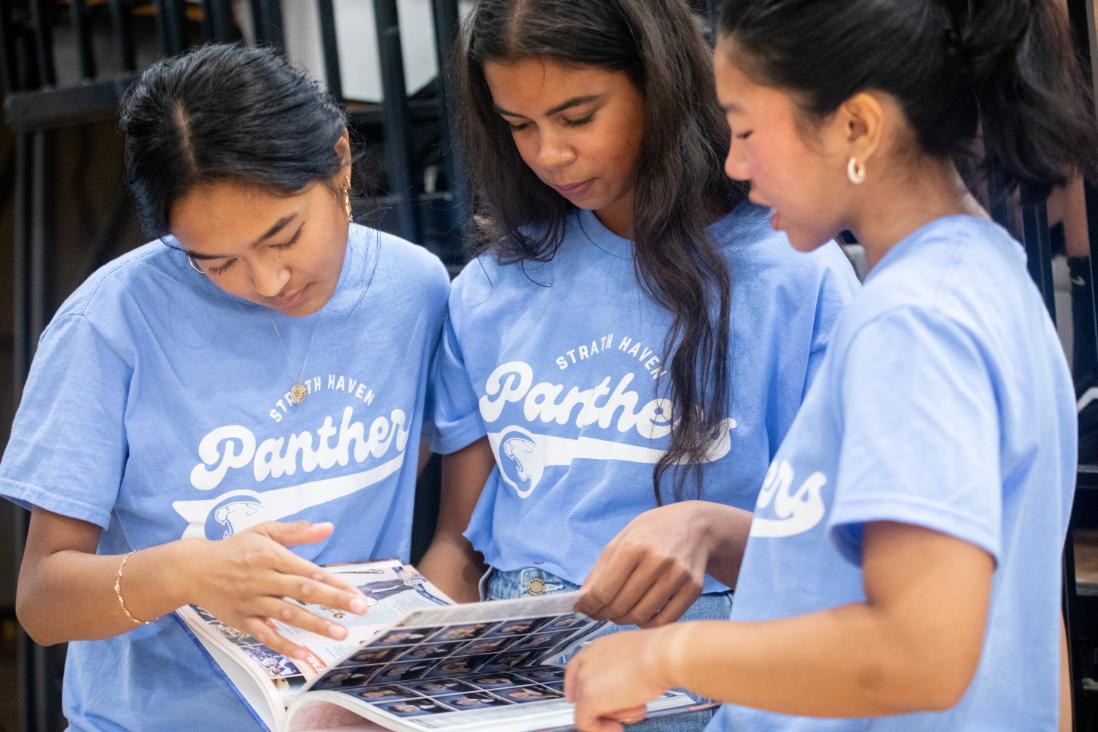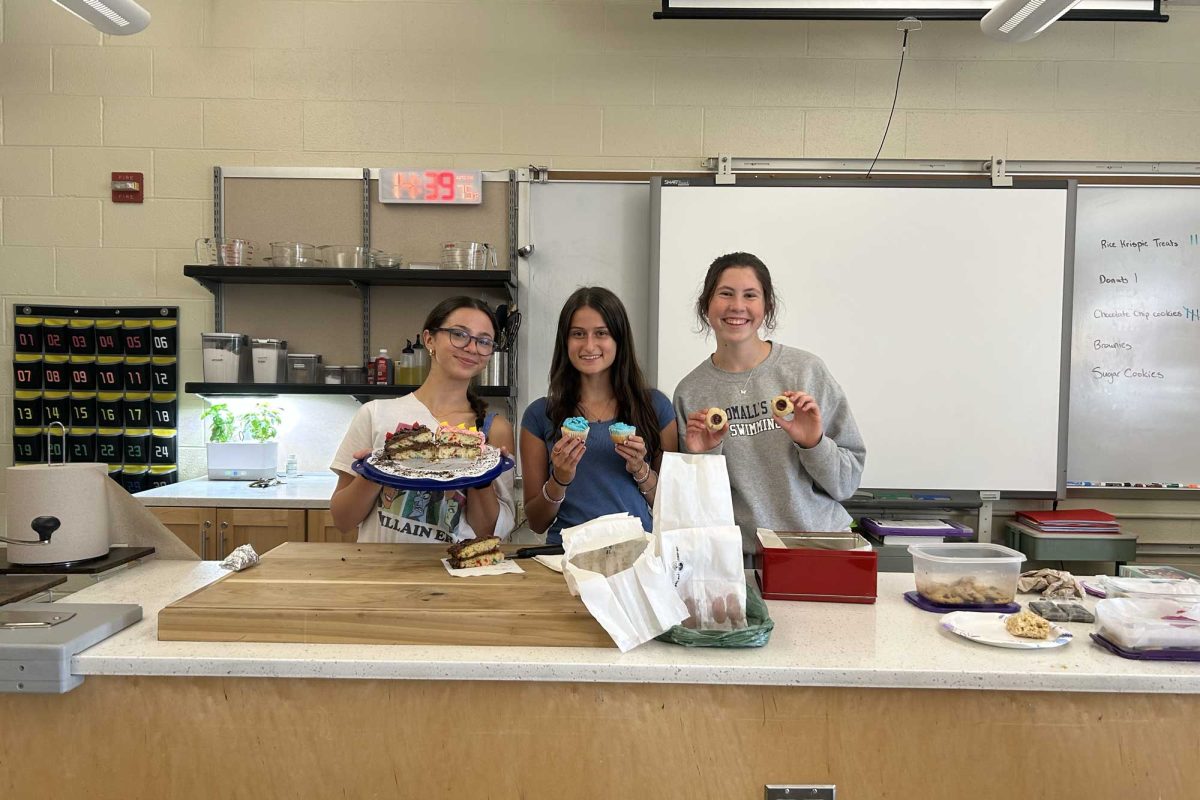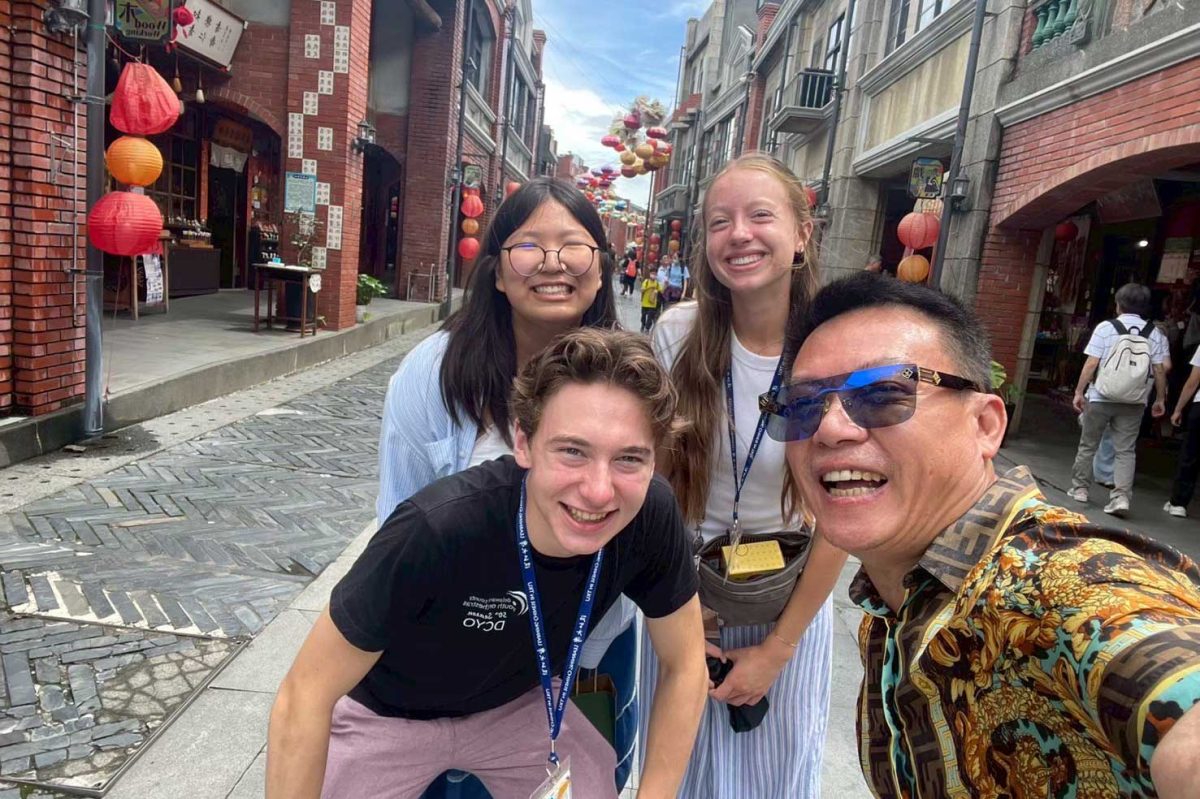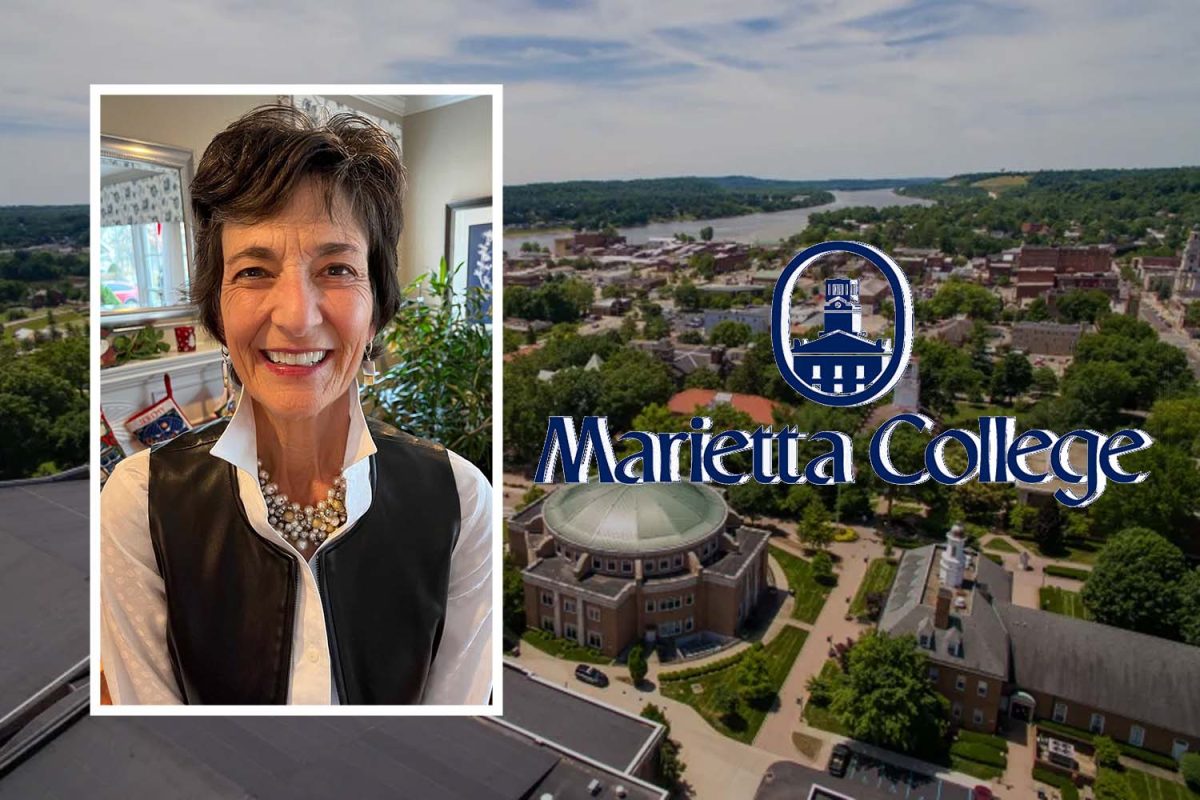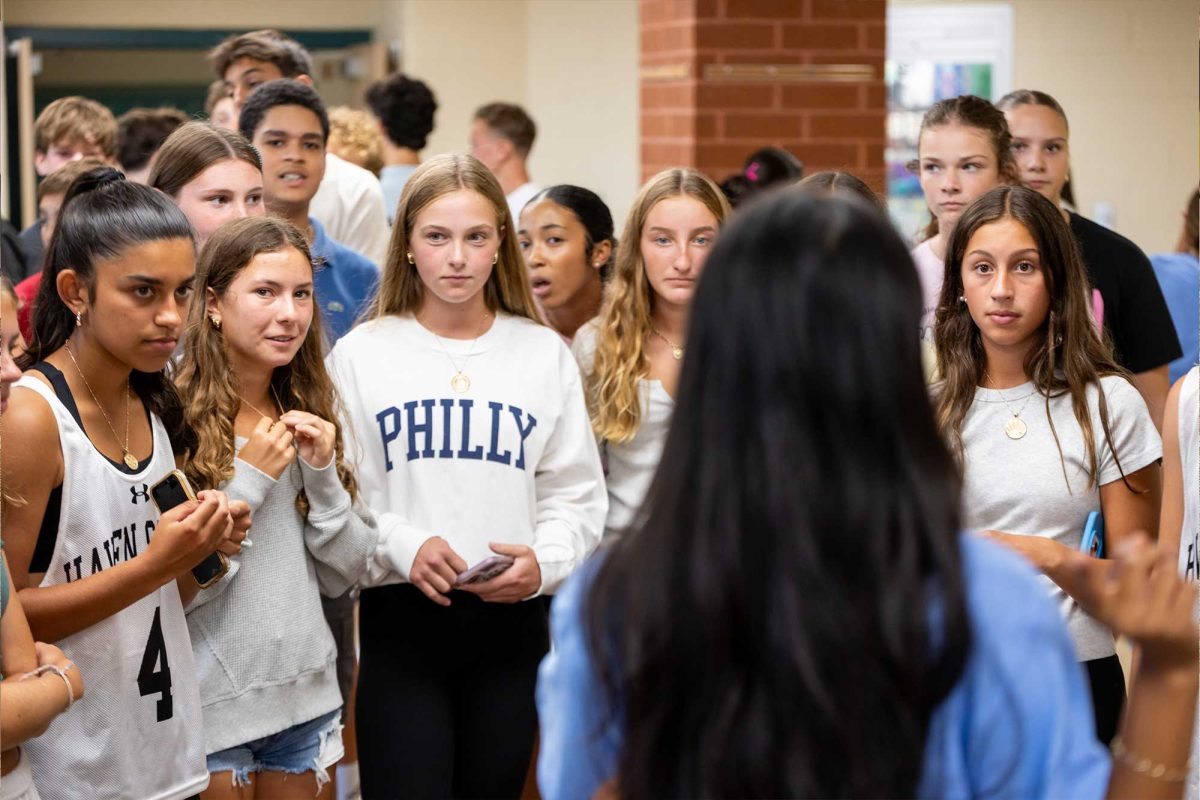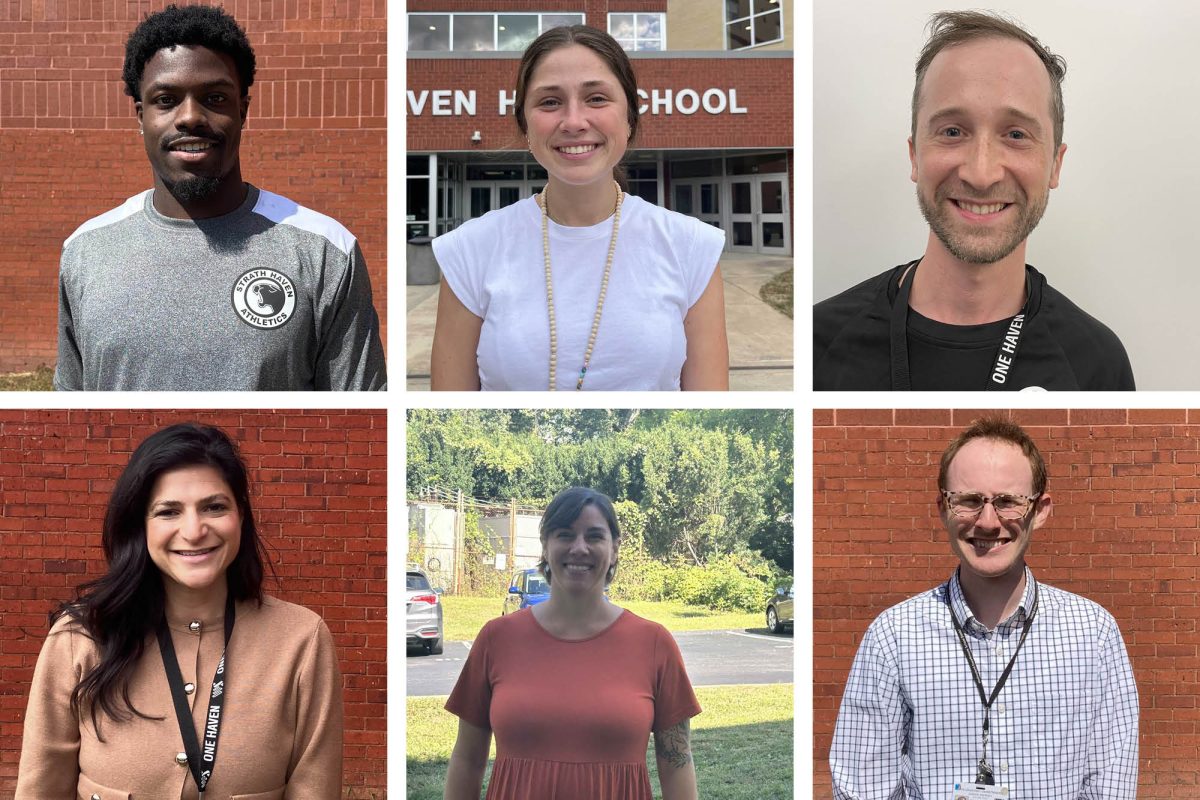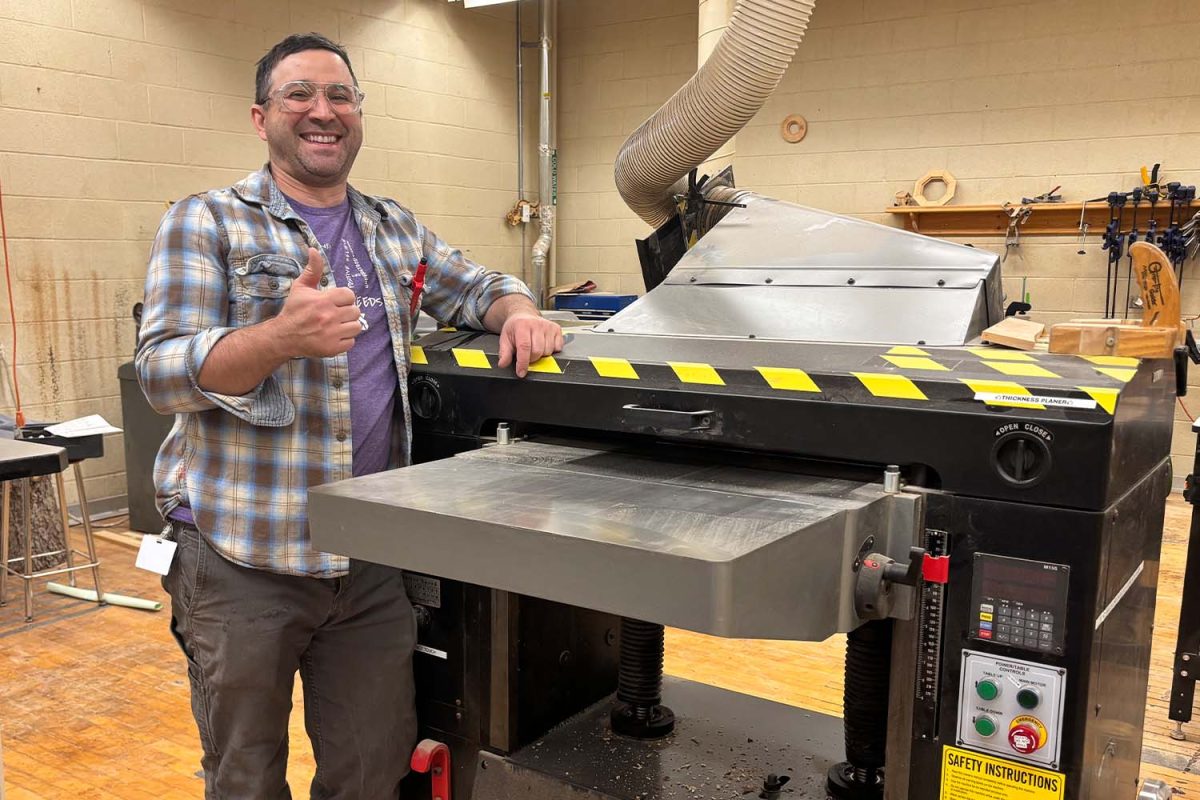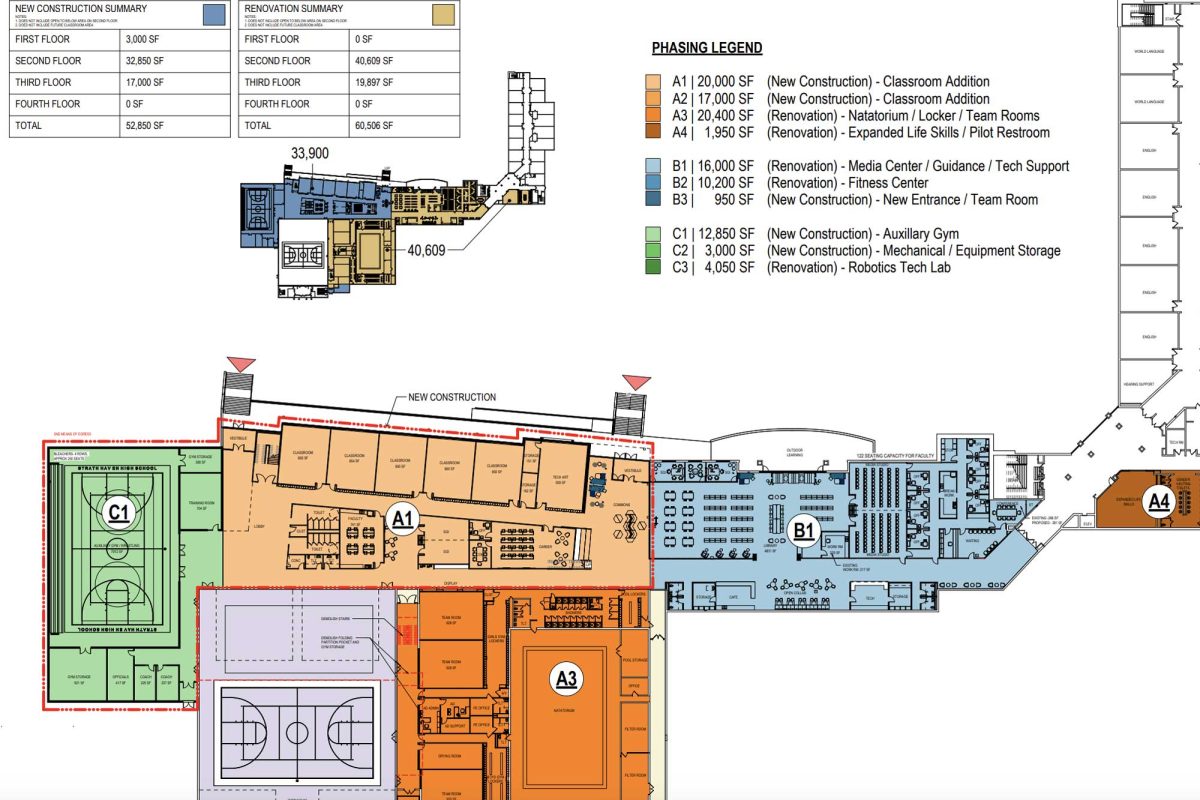Compared to the 2019-2020 college application cycle (the most recent non-COVID year), the Common App has seen a 41 percent increase in app volume for Nov. 1 deadlines, according to a report released in December by Common App. The average of colleges applied to per person rose from 3.4 to 3.8.
This rise has implications for the selectivity of schools. As more people apply to more colleges, each university will become harder to get into.
Counselor Mr. Travis Edwards has seen pushes for students to apply early, but recognizes the downside of this wave. Colleges have begun opening up their applications in August, likely due to competition with other schools for numbers.
“There has been a significant push for students to apply earlier. Students preparing earlier, focusing on taking tests earlier has created this wave of applications—you see a lot of college guidance with middle school students,” Edwards said. “Certainly that could be a benefit, but I don’t think college is the answer for everyone, either. Thinking about college earlier and earlier and earlier can cause a lot of stress.”
Counselor Mrs. Jennifer Salvage, another member of the counseling department, said she has also noticed an increasing number of colleges pulling their early action options in favor of early decision.
Senior Aïssata Koné, who applied to a total of 17 colleges, only applied to five of them as early action.
“I wanted to know sooner and I wanted to get my financial aid packages sooner. Any school that had early action available, I early actioned,” she said.
Applications from first-generation college students, those that are the first in their family to attend college, are also on the upswing, but not as much as Salvage would like to see.
“It is on the increase, but probably not as much as it should be,” she said. “I would like to help this particular group of students. They’re small but they’re mighty… and they don’t know what it looks like, and they don’t have that streamline support at home to help them with all that.”
She has established a group for first generation students to talk about their experience and barriers in the application process.
At Haven, college is the widely accepted track for students after high school. This mindset can cause an increase in college applications as students feel obligated to apply. Salvage thinks this has changed over the course of the pandemic.
“More students and more families are open to looking at [gap years] as a bridge between high school and college to do something different. I think that’s on the rise now,” she said.
Edwards strives to keep meeting the goals of the individual students, and that doesn’t always mean college. He’s seeing more students be conscious in their decisions surrounding college, especially when it comes to financial factors.
“Students are being thoughtful in their decisions, they’re choosing to maybe not take $50,000 in loans every year, and they’re choosing to say ‘Maybe I’ll go to the community college and save some money’, which is a great option,” Edwards said.
Although Koné had to deliberate the methods of applying, there was never a doubt about it that college was the path for her. She had wanted to apply early decision to her top choice, but opted for regular decision instead.
“I had a whole conversation with my mom about it: ‘Should I ED my top choice? Is it financially responsible?’ If I’m going to do anything after school, it made sense to me to go to school. I also have a dream career that would take college to get there,” she said.
Ultimately, Koné thinks that students shouldn’t be too anxious about the process, but should be deliberate.
“Don’t stress about the amount of colleges you’re applying to. Apply to as many as you’d be interested in going to,” she said. “Don’t apply to a college for no reason.”




